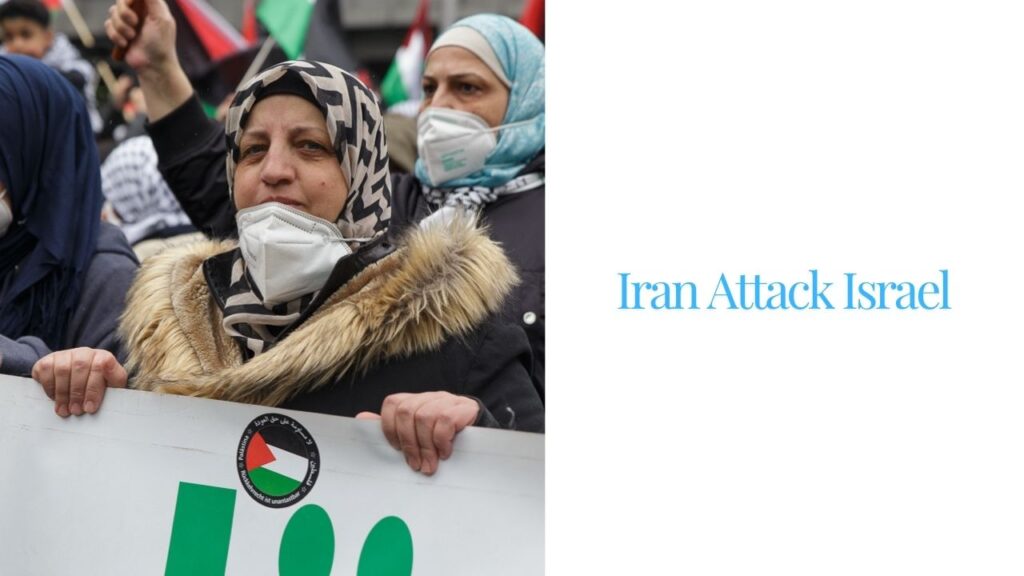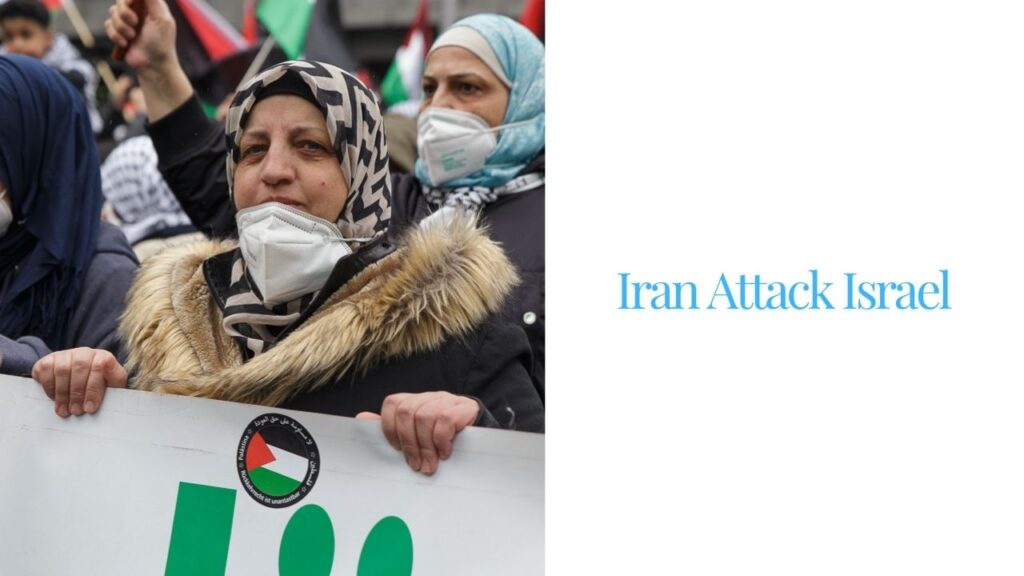Tensions have escalated rapidly across the Middle East in recent days as Hezbollah called on Iran to launch an attack against Israel amid rising hostilities between the Lebanese militant group Hezbollah and Israeli military units. Iranian officials however chose restraint instead – something which may have far-reaching repercussions for regional stability and international relations.
Why Is Hezbollah Urging Iran to Launch Attacks against Israel?
Hezbollah and Israel have engaged in some of the fiercest fighting since the 2006 Lebanon War, leading to increasing civilian casualties due to Israeli airstrikes aimed at Hezbollah positions and airstrike targets, while many reports indicate hundreds have died due to Israeli military operations leading to mass exodus from southern Lebanon. This call comes amid recent reports showing increasing Israeli military actions have resulted in hundreds of civilian deaths causing many others to leave southern Lebanon in fear for their safety.
Hezbollah seems eager for greater Iranian participation to bolster its position against Israel, believing a united front could deter Israeli aggression and alter the dynamics of conflict. Yet making such calculations requires careful strategic calculations due to Iran’s current stance.
What Is Iran’s Response to Hezbollah’s Request?
Israeli officials report that Iranian officials have informed Hezbollah leaders that now isn’t an appropriate time for an attack against Israel, according to Iranian President Masoud Pezeshkian at the UN General Assembly meeting in New York. At a press briefing hosted by Iran at this year’s UN General Assembly meeting in New York – Pezeshkian made clear his desire not to get drawn into a larger conflict by labelling Israel as one of those seeking to escalate tensions further.
Iran’s cautious approach reveals its larger strategic considerations. While Iran has pledged its vengeance for Hamas leader Ismail Haniyeh’s assassination two months ago in Tehran, its leadership appears reluctant to engage directly in any ongoing conflicts – perhaps to prevent further destabilization in an already volatile region.
How Are Israel and Hezbollah Engaging in This Conflict?
Israel and Hezbollah’s fighting has steadily escalated over the last two weeks, as IDF airstrikes intensified dramatically against Hezbollah positions across Lebanon and Beirut, including one that killed Ibrahim Qabisi – Hezbollah’s head of missile forces, while also degrading their military capability. This airstrike forms part of Israel’s campaign aimed at degrading its capabilities further.
Hezbollah has responded to Israel’s provocations with an intensification in hostilities by unleashing an array of rocket and drone attacks across northern Israel, prompting widespread fear across Haifa to Lebanon’s borders. Most have been intercepted; however, injuries to civilians were also reported as a result of these rocket and drone launches. This conflict has caused panic throughout northern Israel from Haifa to Lebanon’s borders and many are looking forward to resolution as swiftly as possible.
What Are the Consequences of Iranian Involvement in Syria?
Iran’s direct attack against Israel could significantly alter the region. Israeli officials have voiced warning that such an act could escalate existing disputes as well as draw in additional U.S. involvement – with profound strategic ramifications due to past American involvement in Middle Eastern conflicts.
U.S. Secretary of Defense Lloyd Austin recently communicated the situation between their countries via a telephone conversation, where Austin stressed their shared commitment to protecting personnel in the region while deterring actors who attempt to exploit it for further conflict – this highlights how high stakes exist as tensions escalate further.
What Is Iran’s Take on the Current Situation?
Although Hezbollah urged Iran not to escalate, President Pezeshkian made clear his desire not to turn Lebanon into another conflict zone akin to Gaza. Pezeshkian underscored Iran’s support for Hezbollah while emphasizing it cannot stand against Israeli military power supported by Western countries alone.
Iran may be guided by its awareness of the possible outcomes of escalated conflict, with ongoing instability in Iraq and Syria forcing Iranian leadership to consider potential outcomes against any need to respond to perceived provocations by Israel.
How Does Current Development Affect Regional Stability?
At present, Middle East geopolitics stands at an important juncture. Hezbollah seeks to leverage Iranian support against Israel; yet Iran’s unwillingness to directly participate complicates any united front against Israeli actions. Violence between Hezbollah and Israel continues, underscoring how fragile regional stability truly is.
Encouraging further tension, anti-Israel sentiment could increase, altering Hezbollah’s military and political calculations and potentially sparking a wider conflict, particularly if either side miscalculates or significant events stimulate an Iranian response that further escalates tensions in Lebanon.
Conclusion of Iran-Israel Relations: Looking Ahead to Successive Diplomacies
As tensions escalate, Iran, Hezbollah, and Israel’s relationship will come under close examination. Recent calls for an Iranian attack are an illustration of regional allegiances being tested as Middle Eastern geopolitics becomes ever more unpredictable; Iran must make strategic choices soon that ensure peace and stability across its region.
As both Israeli and Hezbollah forces remain on high alert and international actors such as the U.S. monitor developments closely, the potential of an all-out conflict remains an ever-present risk. Current developments will likely shape Middle Eastern relations for years to come.

Related Article:
Will There Be Another Covid Lockdown, Will Masks and Lockdowns Return in Winter 2024?
Jio Recharge Plans The Latest Update for 2024








